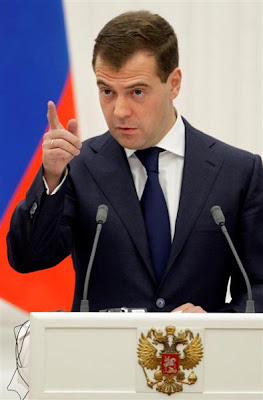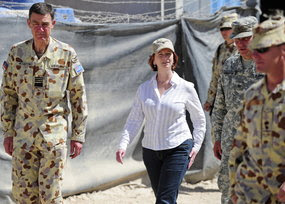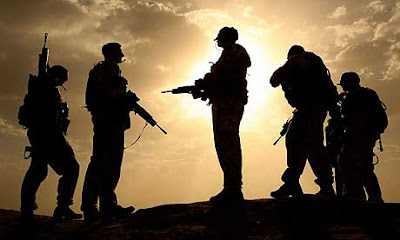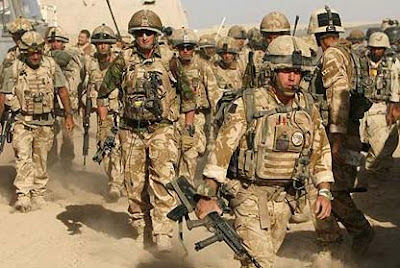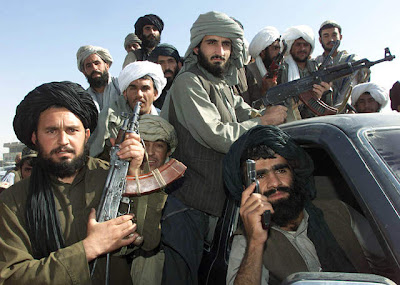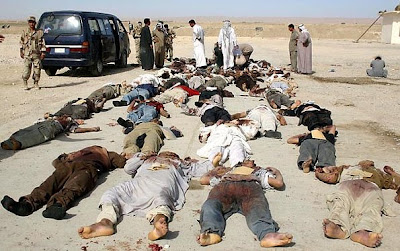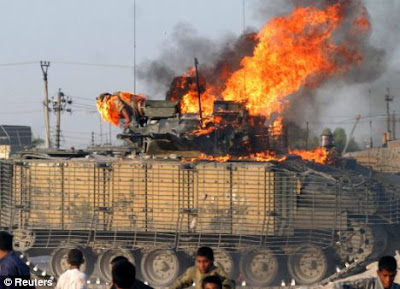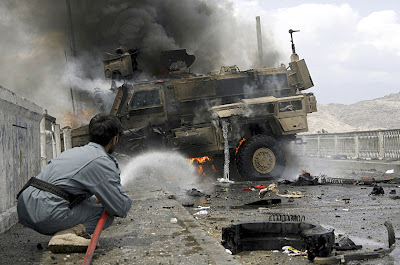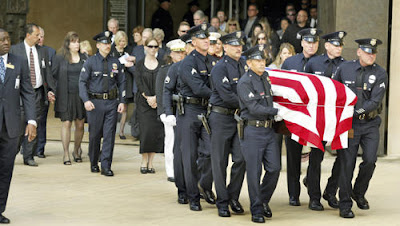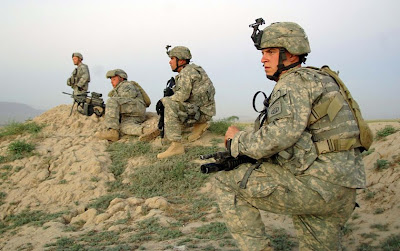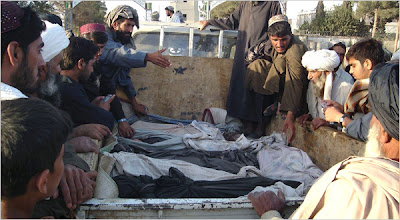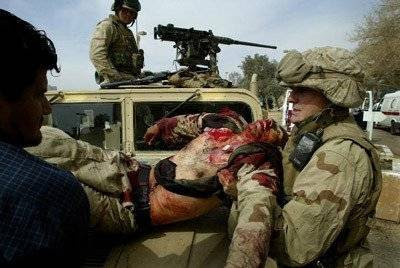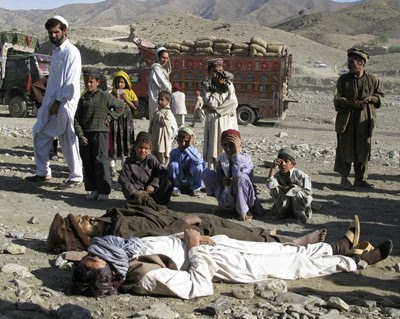Welcoming the Russian President Dmitry Medvedev to the Lisbon meeting, NATO Secretary General Anders Fogh Rasmussen saluted what he said was an historic turning point in the often tense ties between the Moscow and the West.
The allies will invite the Moscow to take part in the development of the Europe's anti-missile shield and hope to agree on a common statement on security threats, Mr Rasmussen told the assembled leaders in his opening address.
"We've come to a turning point in the relations between the 29 nations represented here in the NATO-Russia Council. The nations represented here understand that our security is indivisible," Mr Rasmussen said.
"Starting today we will begin working to see how we pursue NATO-Russia missile defence cooperation," he said, speaking one day after the Western allies agreed to deploy radars and missile-defence batteries in Europe.
"There are many issues to deal with, but the most important point is this, for the first time NATO nations and Russia will discuss cooperating to protect European territory and populations," he said.
"I'm pleased to be able to already announce today the completion of arrangements that will allow for the expanded transit of equipment to the ISAF mission via the Russian Federation," Mr Rasmussen added.
